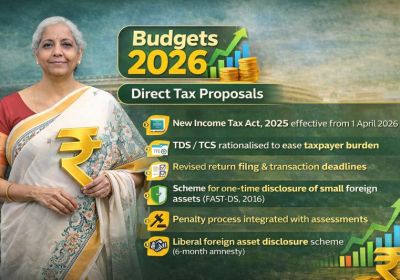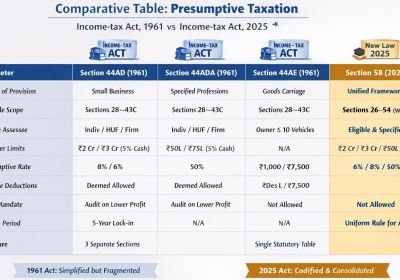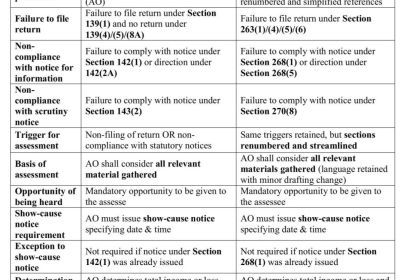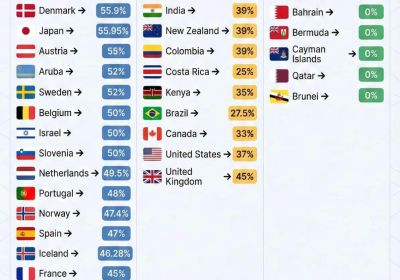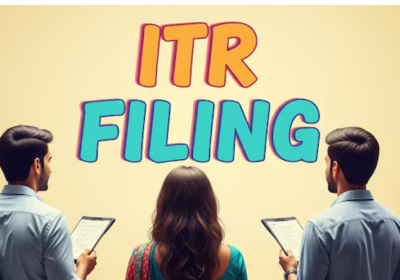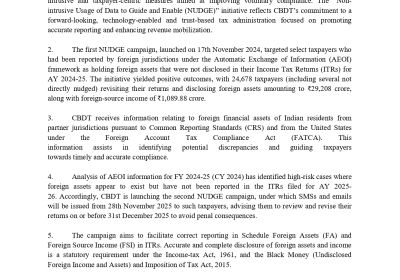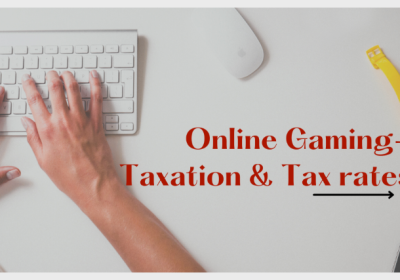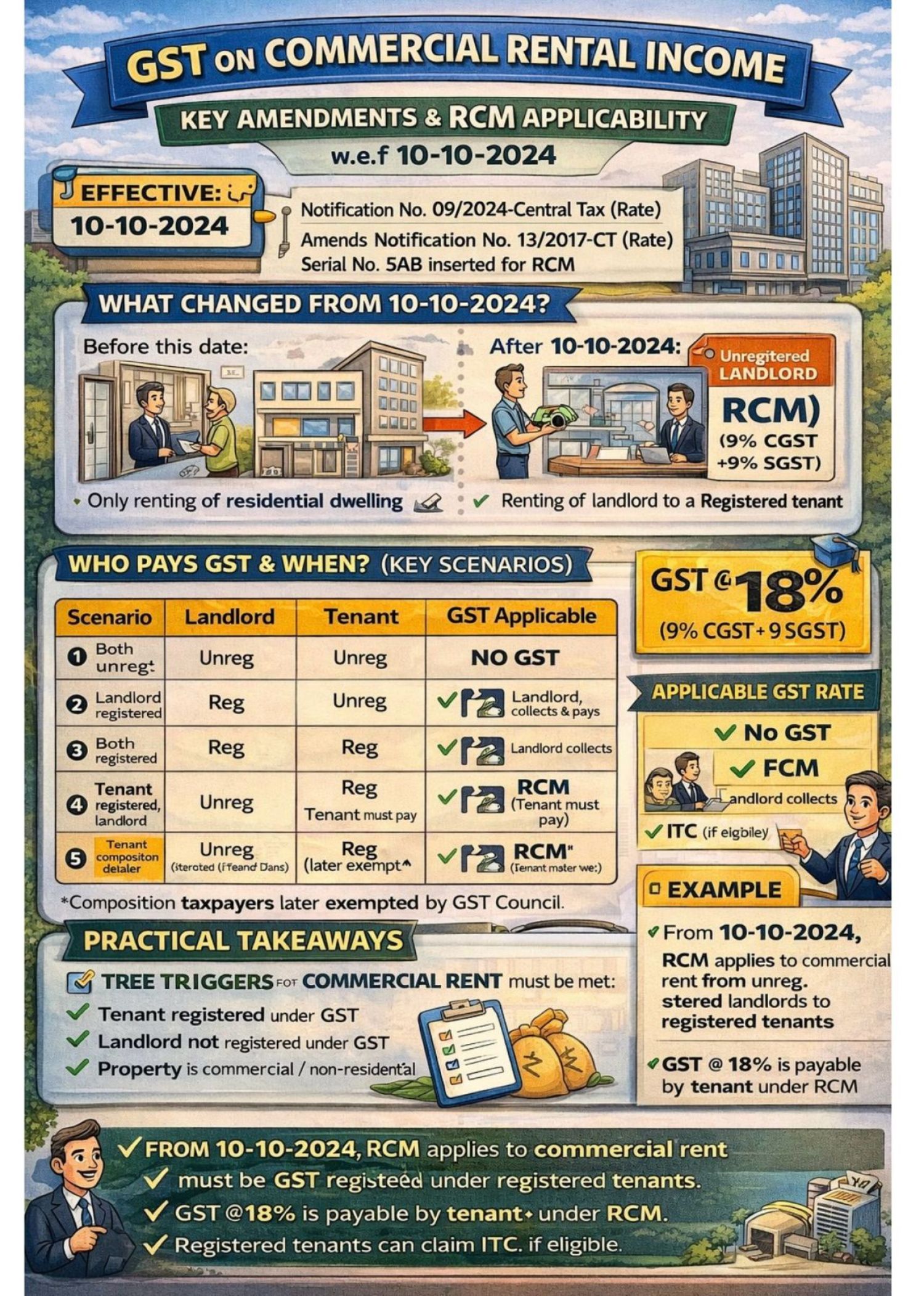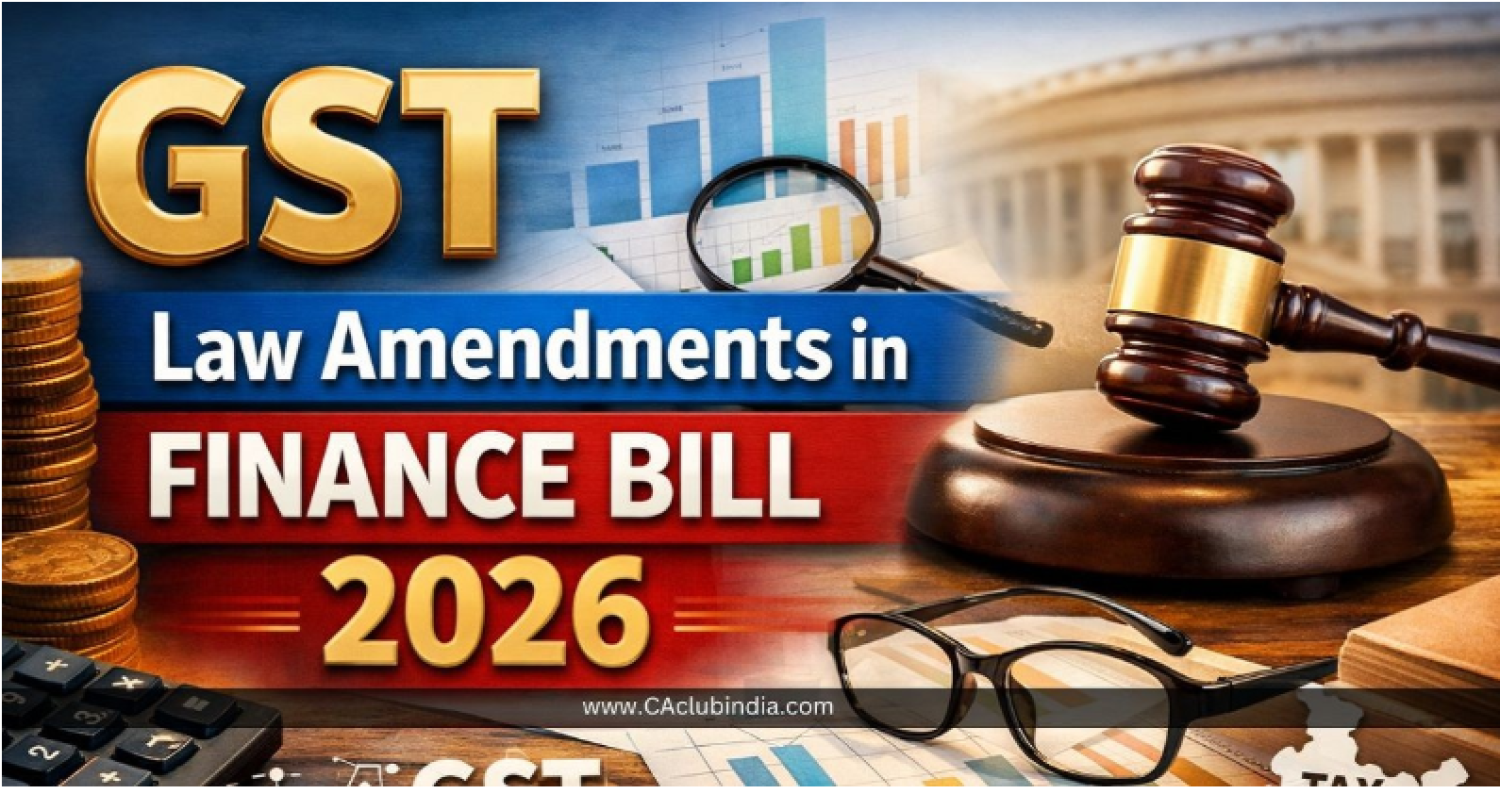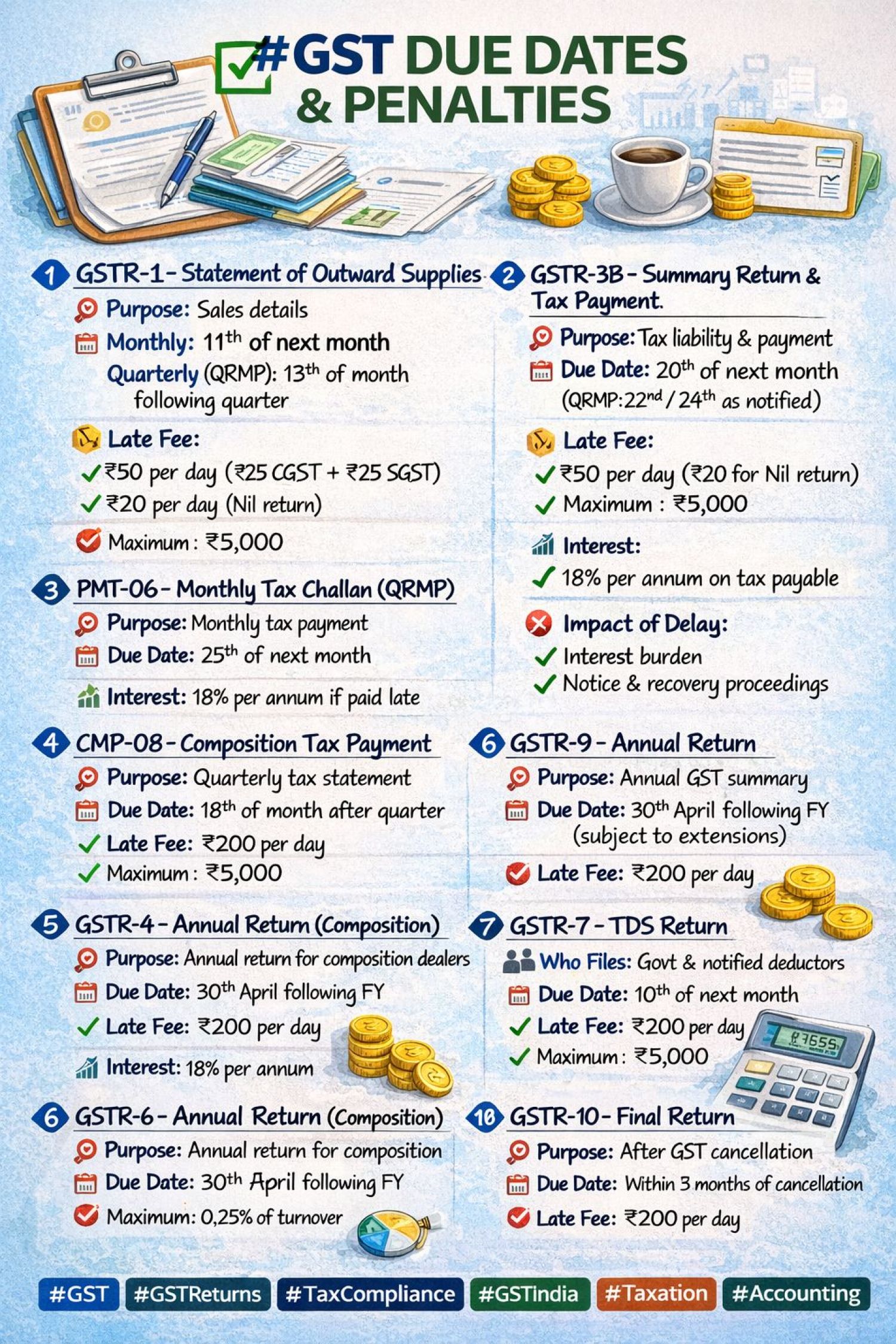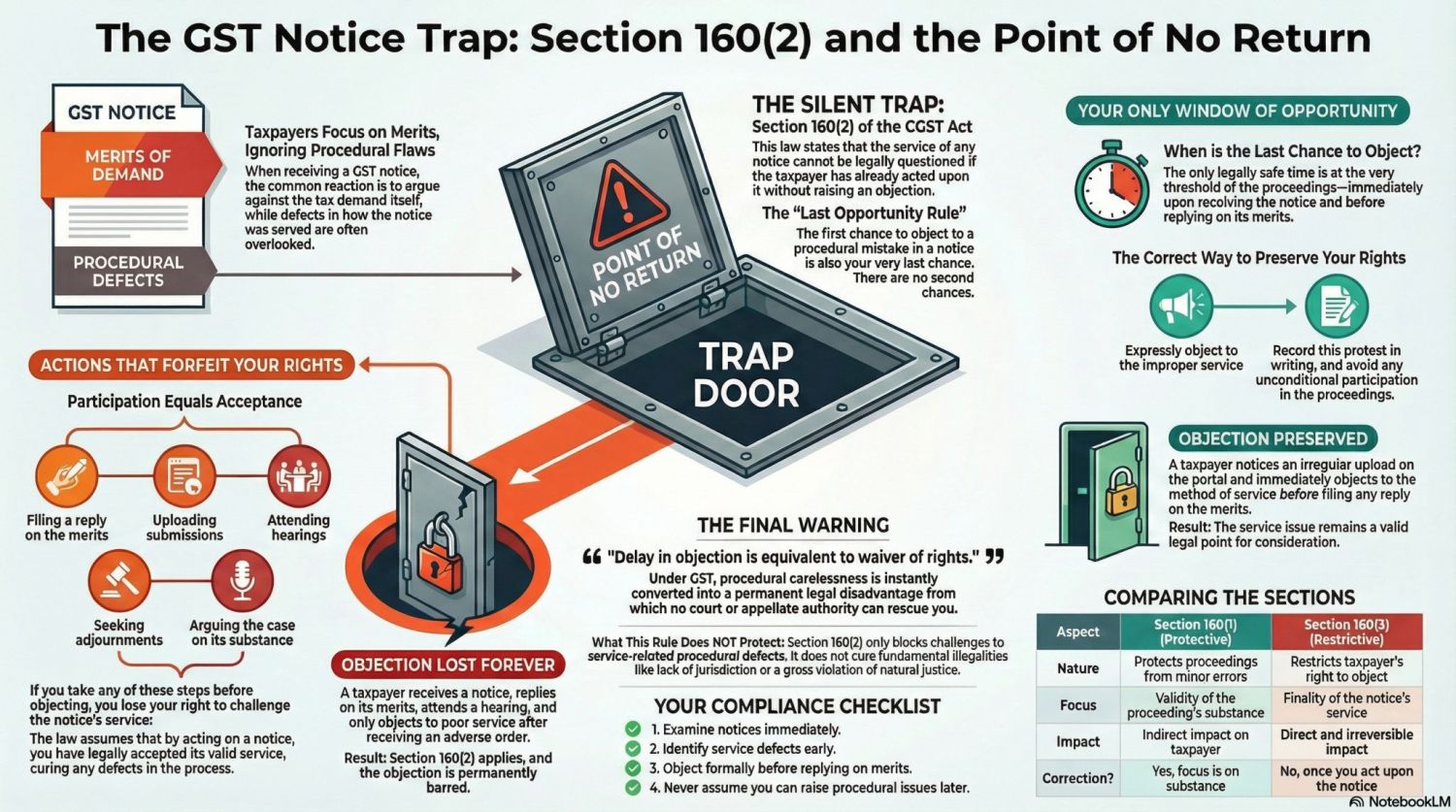Table of Contents
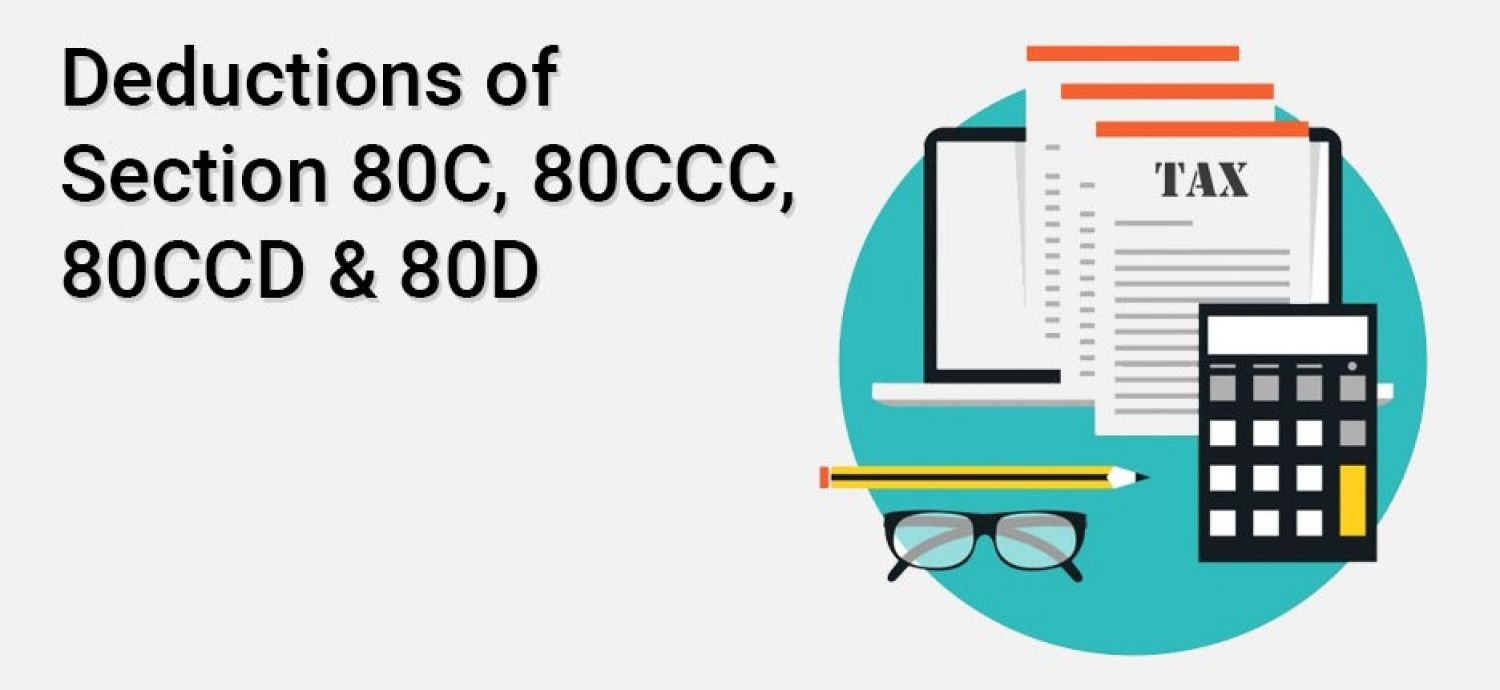
FAQ’s on Deduction under section 80C, 80CCC, 80CCD & 80D
Q.: Can taxpayers claim the deduction of 80C while submitting the return on income tax?
Claims for 80C deductions are allowed before the end of the assessment year while filing the return on income.
Q.: What year are investments going to reflect in the return on income tax?
On 30 April 2019, assume that a taxpayer made investments according to the guidelines of Section 80C. Then, during the assessment year 2019-2020, he or she can request a tax exemption for those investments.
Q.: Can anybody claim an 80C life insurance premium deduction paid to the private insurance aggregator?
Yes, you can deduct life insurance premiums paid to any IRDAI-approved insurance aggregator under Section 80C. (Insurance Regulatory and Development Authority of India). It applies to both public and private sector businesses.
Q.: Are donations exempt from taxation under Section 80C?
Donations to specific institutions and funds are tax-deductible under this section.
Q.: Is it possible for taxpayers to invest in more than one investment policy and claim an exemption of Rs.1.5 lakh for each investment?
No, taxpayers are entitled to a maximum tax exemption of Rs.1,50,000 for all investments made in tax-saving instruments under Section 80C.
Q.: Can I claim the deductions of 80C in case I have not given my employer evidence at the time of filing the return?
The employer will have proof of investment before the end of the financial year (FY) to take account of those investments while calculating your taxable income and the tax deduction to be made. Even if you do not submit the evidence to your employer, you can, however, apply for those investments made at filing your return on revenue, provided that such investments were made before the end of the corresponding FY.
Q.: I made an investment of 80C. Which year can I claim as a deduction from this investment?
You can claim a deduction for investments made on your tax return for the year in which the investment was made. As a result, if you made the investment on April 30, 2018, you will be able to claim it as a deduction for the fiscal year 2018-19.
Q.: My employer has given me a loan to help me further my education. Is it possible to deduct the interest paid on such a loan under Section 80E?
Only if the loan was taken out from a financial institution for the purpose of pursuing higher education can the interest paid on the loan be deducted under Section 80E. As a result, taking out a loan from your employer does not entitle you to interest deductions under Section 80E. No upper limit for a claim for deductions has been established in law in accordance with Section 80E. Consequently, a deduction may be claimed for the actual interest paid during one year.
Q.: Can a company or a firm benefit from Section 80C?
Section 80C only applies to persons or the Hindu Undivided Family (HUF). Therefore, Section 80C is not available to a company or company. I paid a private insurance company life insurance premium. Can I claim the 80C premium payment deduction? Section 80C allows for a deduction for life insurance premiums paid to any insurer approved by the Insurance Regulatory and Development Authority of India, whether public or private. As a result, the insurance premium you pay will assist you in claiming an 80C deduction.
Q.: In which year can I claim a discount for stamp duty paid on a house purchase?
You can claim stamp duty for the purchase of a dwelling in the year in which the stamp duty payment is made under Section 80C.
Q.: Is it possible for a firm to deduct donations made under Section 80G?
Any taxpayer who makes a donation to one of the specified institutions, funds, or organisations is eligible to claim a deduction under Section 80G.
Q.: I'm paying a medical insurance premium on behalf of myself, my wife, and my children. I also pay premiums on a medical policy purchased in the name of my parents, both of whom are over the age of 60. Is it possible to claim a deduction for both premiums paid?
The premium you paid on the policy you purchased for yourself, your spouse, and your children is deductible under Section 80D up to a maximum of Rs 25,000. In addition, you will be able to claim a deduction of up to Rs 50,000 for premiums paid on insurance taken out for your senior citizen parents. (Until FY 2017-18, this limit was Rs 30,000.) As a result, you can deduct both premiums paid under Section 80D.
Q.: Is the interest on my FD tax-free under Section 80TTB?
Section 80TTB exempts interest income from a Fixed Deposit if you are a senior citizen over the age of 60.
Q.: What exactly do you mean by the 80C deduction in Chapter VI A?
The income tax department allows a taxpayer's taxable income to be reduced if the taxpayer makes certain investments or eligible expenditures allowed under Chapter VI A. Investments in PPF, EPF, LIC premiums, equity-linked savings schemes, principal payments on home loans, and stamp duty are all tax-deductible under Section 80C and Sukanya smriddhi Yojana (SSY), National saving certificate (NSC), Senior citizen savings scheme (SCSS), ULIP, tax saving FD for 5 years, Infrastructure bonds, and more schemes are available.
Q.: What is the method of calculating the deduction under section 80c?
Section 80C allows for a complete deduction of the amount of qualifying investment or expenditure as indicated, up to a ceiling of Rs 1.5 lakh.
- Section 80C deduction limit of Rs 1.5 lakh includes 80CCC (pension plan contribution) and 80CCD (1), 80CCD (1b), and 80CCD (2). (2).
- Section 80CCCD (1) is a contribution to the National pension scheme made by an employee or self-employed person that is limited to 10% of salary (basic + DA) or 20% of gross total income for self-employed people.
- Section 80CCD (1b) allows for an additional deduction of Rs 50,000 for contributions to NPS, Atal Pension Yojana, and other similar schemes. This is a deduction in excess of Rs 1.5 lakh. Thus, a maximum of Rs 2 lakh may be applied for a single year to a total deduction including 80C and 80CCD (1b).
- Section 80CCD (2) is a deduction allowed to salaried employees for contributions made by their employers to NPS. This deduction is also allowed at 10% of salary (basic + DA). It is important to note, however, that there is no upper limit in 80CCD (2).
As a result, the maximum for investment in 80C is Rs 1.5 lakh. One can invest up to Rs 2 lakh in total in the 80C, 80CCD (1), and 80CCD (1b) schemes. A salaried employee, on the other hand, can deduct more under section 80CCD (2) without exceeding the ceiling of Rs 2 lakh provided the employer pays 10% of income to an NPS account.
Please also keep in mind that, beginning of Budget 2020, all contributions to EPF, NPS, and superannuation will be added to the salary as "perquisites" and taxed under employee salaries.
Q.: Is it possible to claim HRA under section 80?
Yes, if you do not receive HRA, you can claim a Rent Pay as a deduction under section 80GF as part of a component of salary. But Rs 60,000 per year is the maximum allowable deduction.
Q.: What is 80GG? What is the 80GG rent?
80 GG enables you to claim the rent deduction even if your salary is not composed of the HRA component or the income of self-employed people other than pay. The requirement is that there should be no housing at the place of residence for deduction under 80GG.
Q.: How is 80GG measured? How can 80GG be claimed?
The deduction of 80GG shall be permitted as the lowest of the above.
- Rs 5,000 per month
- Long-term capital gains, short-term capital gains under section 111A, income under section 115A or 115D, and deductions under 80C to 80U make up 25% of adjusted total income. In addition, income is before the deduction under section 80GG).
- Actual rent is under 10% of income.
Q.: Who is eligible for an 80GG deduction?
Employees who do not get HRA as a component of their income due to occupations in the informal sector or self-employed persons are eligible for an 80GG deduction. This deduction should not be claimed by someone who owns a home in the city where they reside.
Q.: What exactly is Section 80CCD?
80CCD is a section of 80C that permits you to deduct contributions to national pension schemes that have been approved by the Central Government.
Contributions made by an employee, employer, or voluntary self-contribution are eligible for the deduction. The total deduction allowed under section 80C is Rs 1.5 lakh, and then another deduction of Rs 50,000 under section 80CCD (1b) for self-contribution to NPS or Atal Pension Yojana.
Q.: What exactly is Section 80CCD (1b)?
Section 80CCD (1b) specifically addresses contributions made by an individual (employee or self-employed) to centrally notified pension schemes. This section allows for an additional deduction of Rs 50,000 over and above the Rs 1.5 Lakh limit under Section 80C. This means that by investing in 80C and contributing to the national pension programme under section 80CCD (1b), an individual can claim a total deduction of Rs 2 lakh.
Q.: What exactly is Section 80CCD (1)?
Section 80CCD (1) provides a deduction for employees and self-employed individuals who contribute to the National Pension Scheme. An employee may claim a deduction under 80CCD (1) of up to 10% of his or her basic salary plus dearness allowance. The deduction limit for self-employed individuals is 20% of their income, subject to a maximum of Rs 1.5 lakh under Section 80C.
Q.: What exactly is Section 80CCD (2)?
Section 80CCD addresses tax deductions available to employers for contributions made to a pension scheme for their employees. If your employer contributes to its employees' pension accounts, you can claim a deduction of up to 20% of the employer's total income.
Q.: What exactly is Section 80TTB?
Section 80TTB allows senior citizens to deduct up to Rs 50,000 on interest income earned on fixed deposits or savings accounts.
Q.: What exactly is rebate u/s 87A?
A rebate under section 87A is one of the income tax provisions that assist low-income taxpayers in reducing their tax liability. Taxpayers who earn less than a particular amount of money benefit from paying marginally lower taxes. Only if the following conditions are met can a taxpayer receive a rebate under section 87A for the fiscal years 2019-20 and 2020-21.
- You are a resident individual.
- After deducting the deductions under Chapter VI-A (Section 80C, 80D, and so on), your total revenue in a fiscal year does not exceed Rs 5 lakh.
The tax credit is only worth Rs 12,500. This implies you won't have to pay any tax if your total tax liability is less than Rs 12,500. It's worth noting that the rebate will be applied to the total tax before the 4% health and education surcharge is applied.
Deductions-Summary - Deduction under section 80C, 80CCC, 80CCD & 80D
Section 80 Deduction Table
|
|
||
|
Section |
Deduction on |
Allowed Limit (maximum) |
|
80C |
Investment in PPF |
Rs. 1,50,000 |
|
80CCC |
For amount deposited in annuity plan of LIC or any other insurer for a pension from a fund referred to in Section 10(23AAB) |
– |
|
80CCD(1) |
Employee’s contribution to NPS account (maximum up to Rs 1,50,000) |
– |
|
80CCD(2) |
Employer’s contribution to NPS account |
Maximum up to 10% of salary |
|
80CCD(1B) |
An additional contribution to NPS |
Rs. 50,000 |
|
80TTA(1) |
Interest Income from Savings account |
Maximum up to 10,000 |
|
80TTB |
Exemption of interest from banks, post offices, etc. Applicable only to senior citizens |
Maximum up to 50,000 |
|
80GG |
For rent paid when HRA is not received from an employer |
Least of : |
|
80E |
Interest on education loan |
Interest paid for a period of 8 years |
|
80EE |
Interest on home loan for first-time homeowners |
Rs 50,000 |
|
80D |
Medical Insurance – Self, spouse, children |
– Rs. 25,000 |
|
80DD |
Medical treatment for handicapped dependent or payment to specified scheme for maintenance of a handicapped dependent |
– Rs. 75,000 |
|
80DDB |
Medical Expenditure on Self or Dependent Relative for diseases specified in Rule 11DD |
– Lower of Rs 40,000 or the amount actually paid |
|
80U |
Self-suffering from disability : |
– Rs. 75,000 |
|
80GGB |
Contribution by companies to political parties |
Amount contributed (not allowed if paid in cash) |
|
80GGC |
Contribution by individuals to political parties |
Amount contributed (not allowed if paid in cash) |
|
80RRB |
Deductions on Income by way of Royalty of a Patent |
Lower of Rs 3,00,000 or income received |

